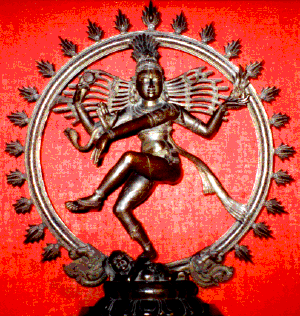Gender in Ancient Sparta

Patriarchal systems existed since paleolithic times, rendering the art of machismo and paternal power. Male dominance was defined by the patriarch as the fundamental unit of power in ancient society. The clan was only as strong as its male head of the household, building and influencing a generation of sturdy and brisk men who would soon take over the roles that defined them. However, if men inherited this machismo, women enabled it. Women were expected to tend to their men, submit to them, and raise them. But they also proved themselves the purveyors of this masculinity, sometimes engaging in cross-dressing practices, prostitution, and even serving in wars against enemy militias. Nowhere is this more evident than in ancient Spartan society. Spartan society stretched the envelope for women, displaying an implicit gender-bending reality in a society that Aristotle labeled "lawless". Furthermore, ancient Spartan women partook in many interesting social practices that people of


